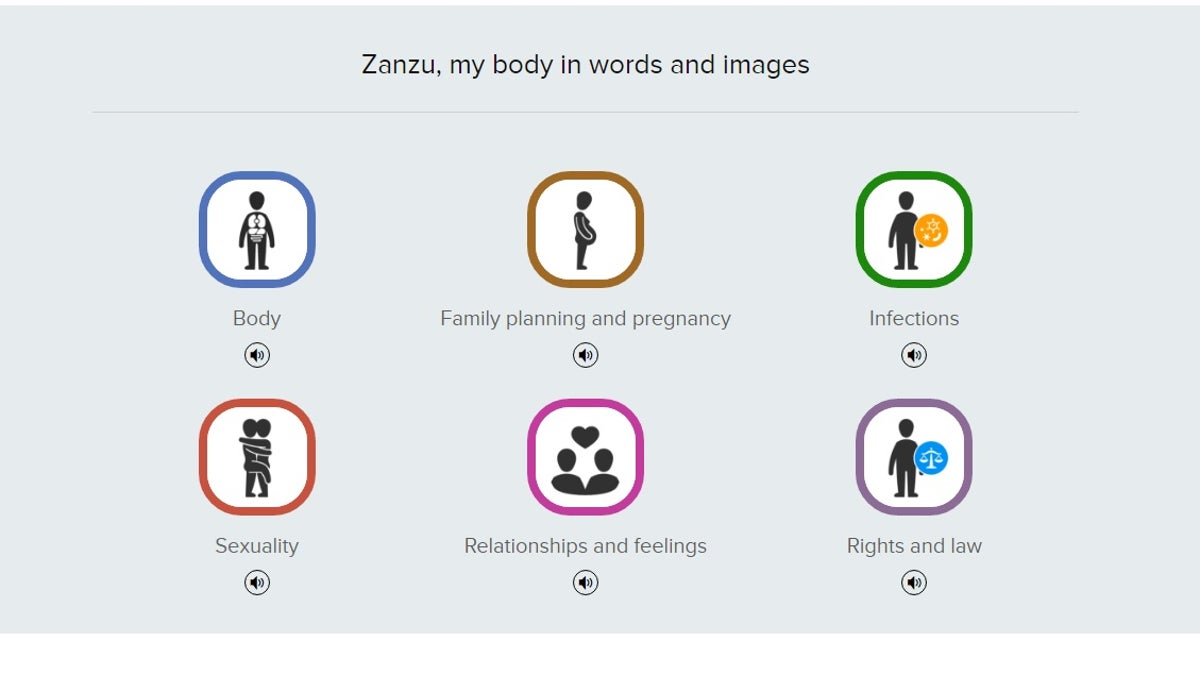
Zanzu, the website launched by the Flemish Expertise Centre for Sexual Health and the German Federal Centre for Health Education.
A website launched by the German government earlier this year aims to show refugees and other foreign visitors the right ways and the wrong ways to have sex -- but critics now warn it could do much more harm than good.
The site, known as Zanzu, includes specific pages on types of sex, along with prostitution, infections, and family planning -- complete with diagrams. It's available in more than a dozen languages, including Arabic.
German officials said the site could come in handy for refugees who grew up in conservative societies before suddenly immersing themselves in Europe's more liberal culture. It provides "discrete and direct access to knowledge in this area," Health Ministry secretary Elke Ferner told the German broadcaster Deutsche Welle.
However, in the aftermath of the New Year's Eve sexual assaults in Cologne, most of which were blamed on refugees, critics say what amounts to a sex-ed website could be useless at best, and provocative at worst.
University of Merseburg scientist Jürgen Voss told The Washington Post a website couldn't convince everybody from the Middle East to talk about their sex lives in a healthy way. “It’s not something that the state can force people to do, to live openly. But it needs to be negotiated.”
Conservative blogger Anabel Schunke argued the website would not have swayed the refugees accused in the Cologne sex assaults, the Post added.
“These men know exactly what is and isn’t allowed, and they just do not care,” Schunke wrote.
More than 1,000 criminal complaints were filed in connection with the New Year's attacks, including 467 alleging crimes of a sexual nature ranging from insults to rape. The suspects included 30 Moroccan nationals, 27 Algerians, four Iraqis, three Germans, three Syrians, three Tunisians, and one each from Libya, Iran and Montenegro, Cologne prosecutor Ulrich Bremer said.
Germany gave asylum to nearly 1.1 million people last year, government records showed.
The Associated Press contributed to this report.
